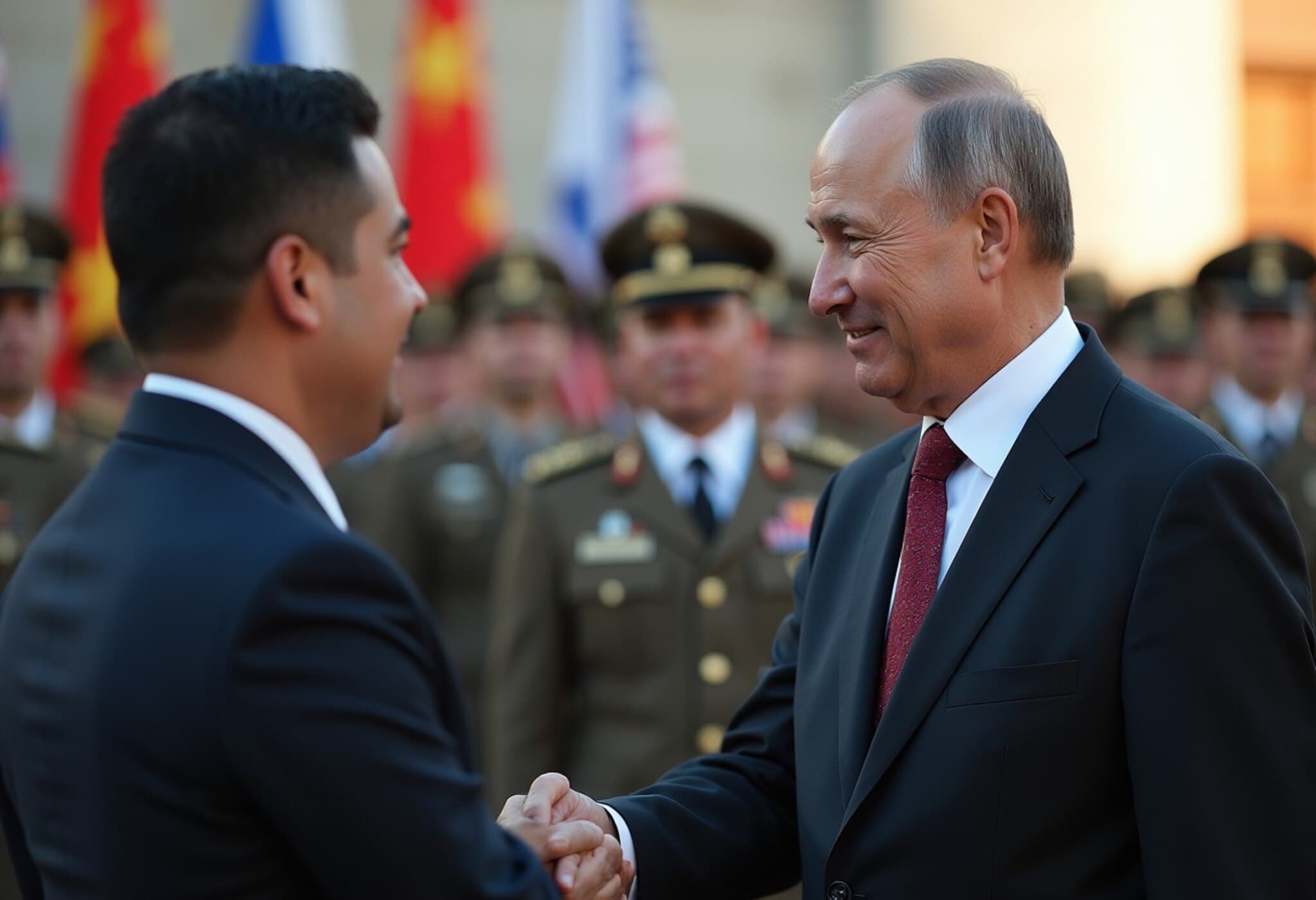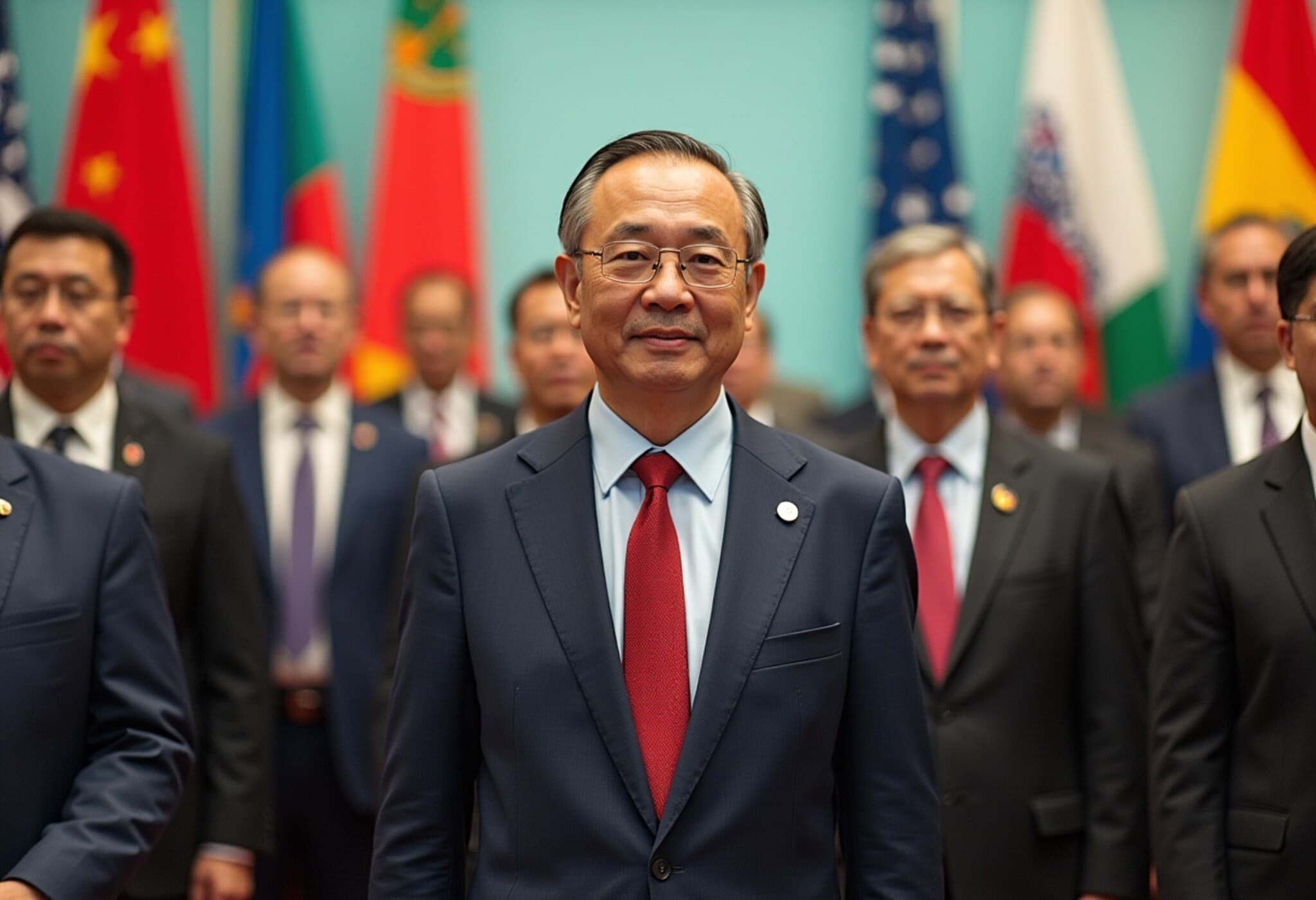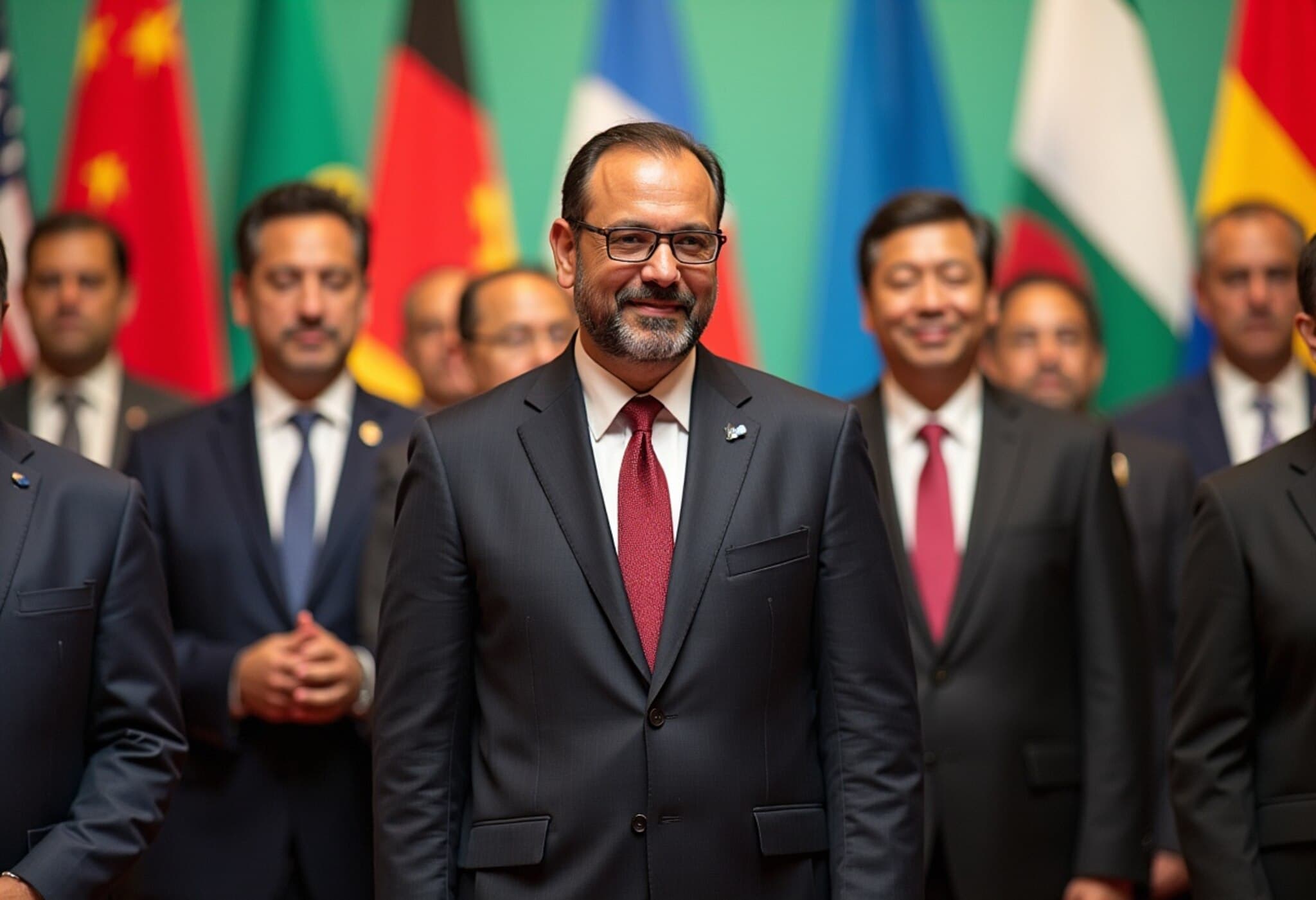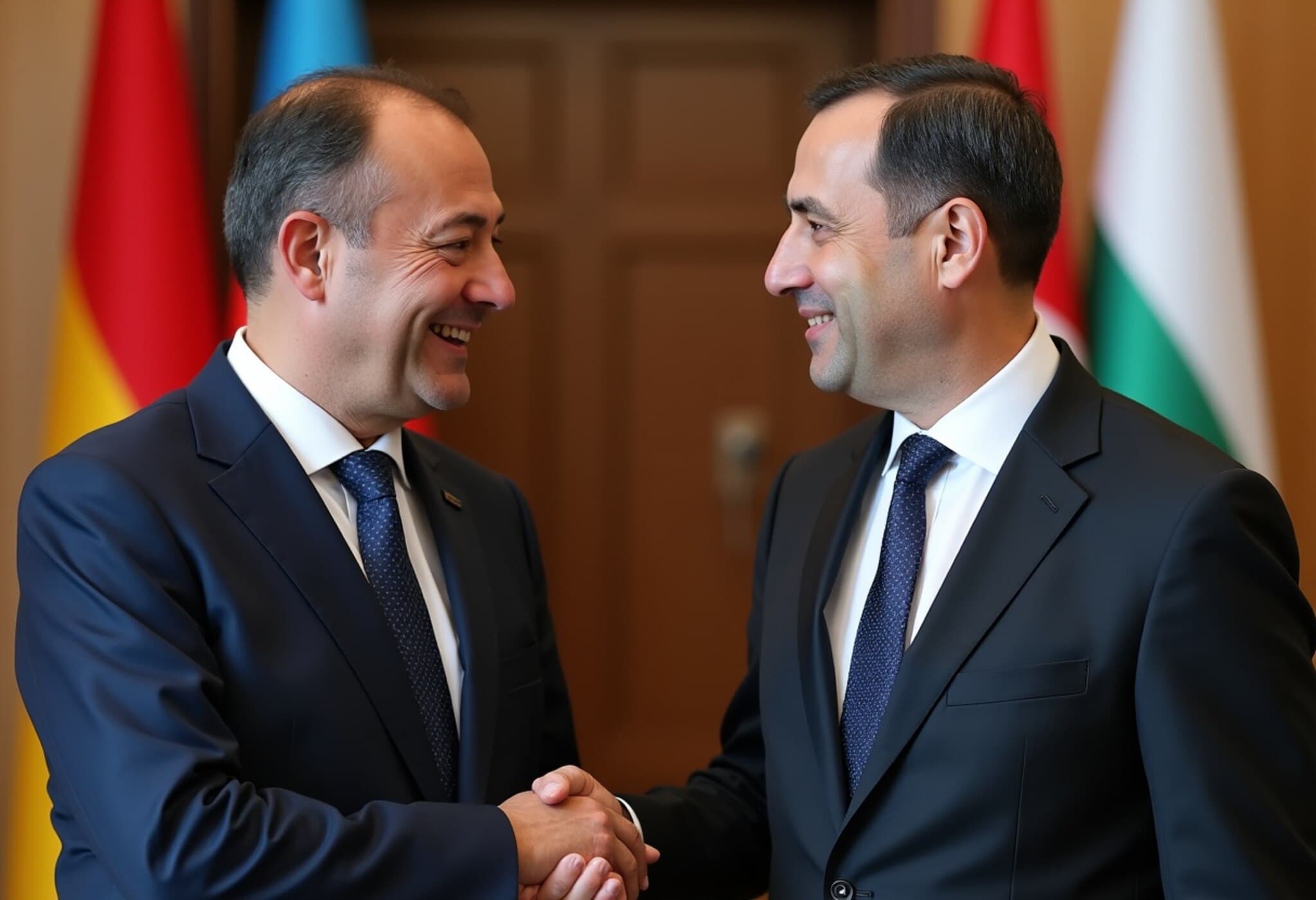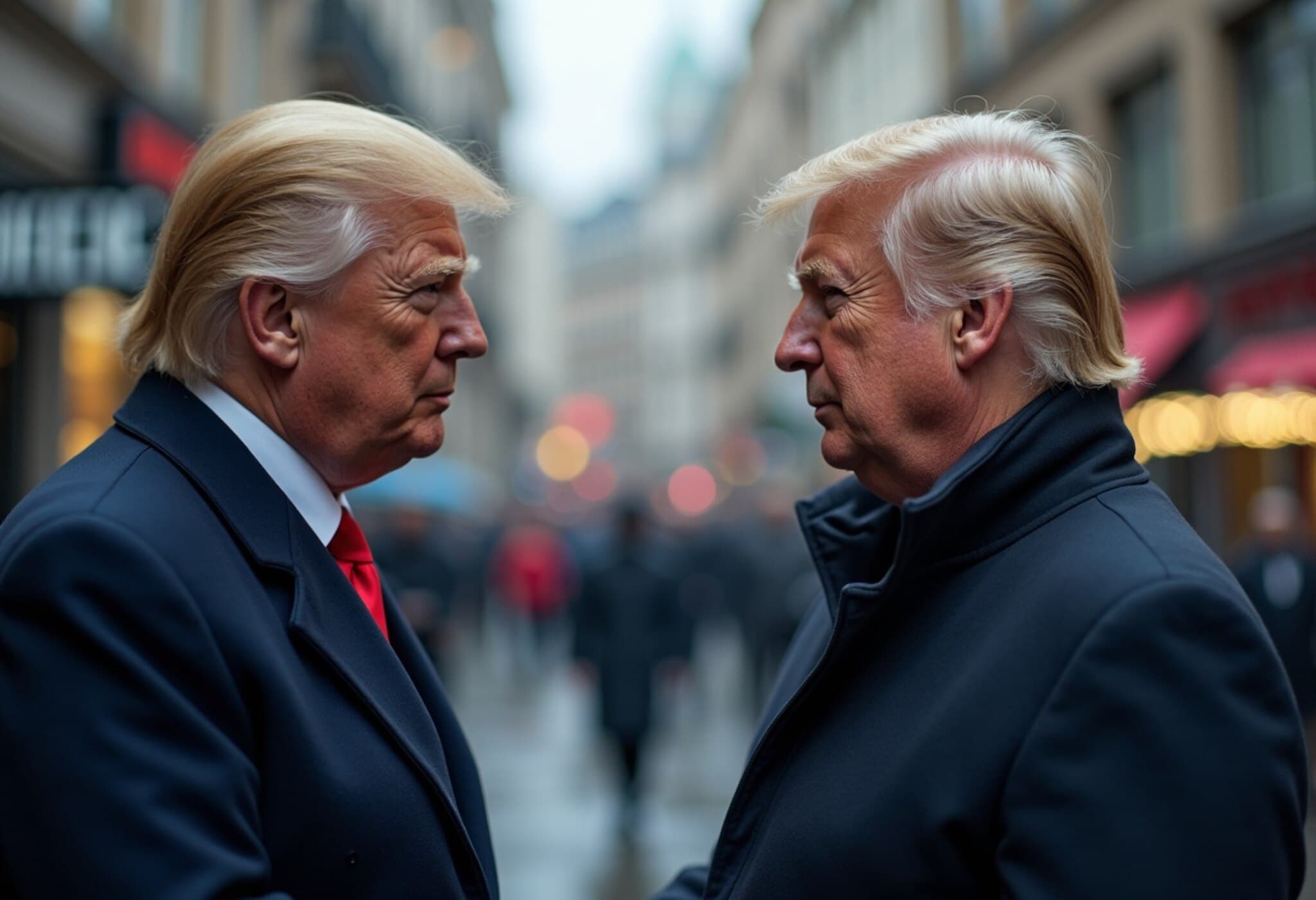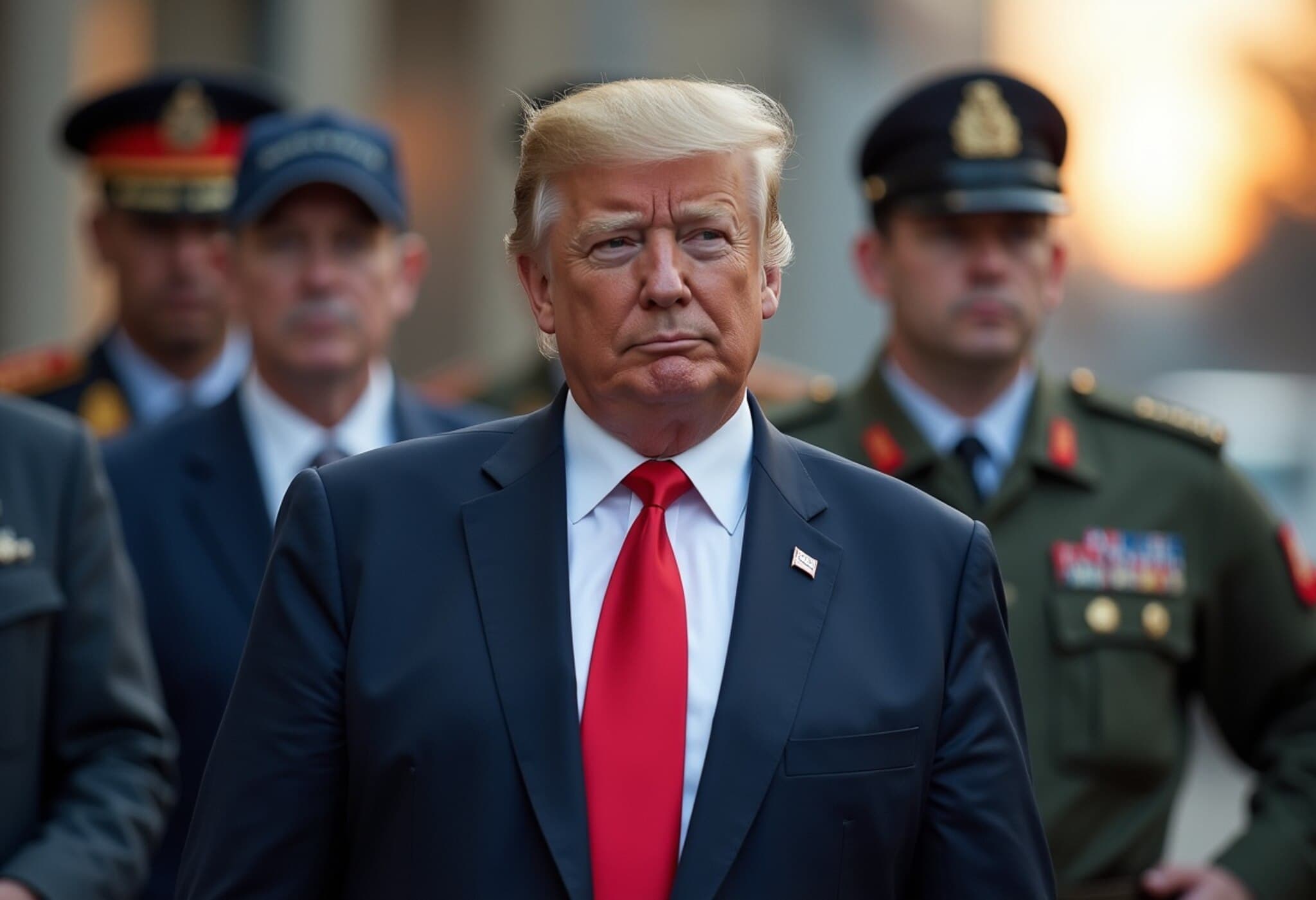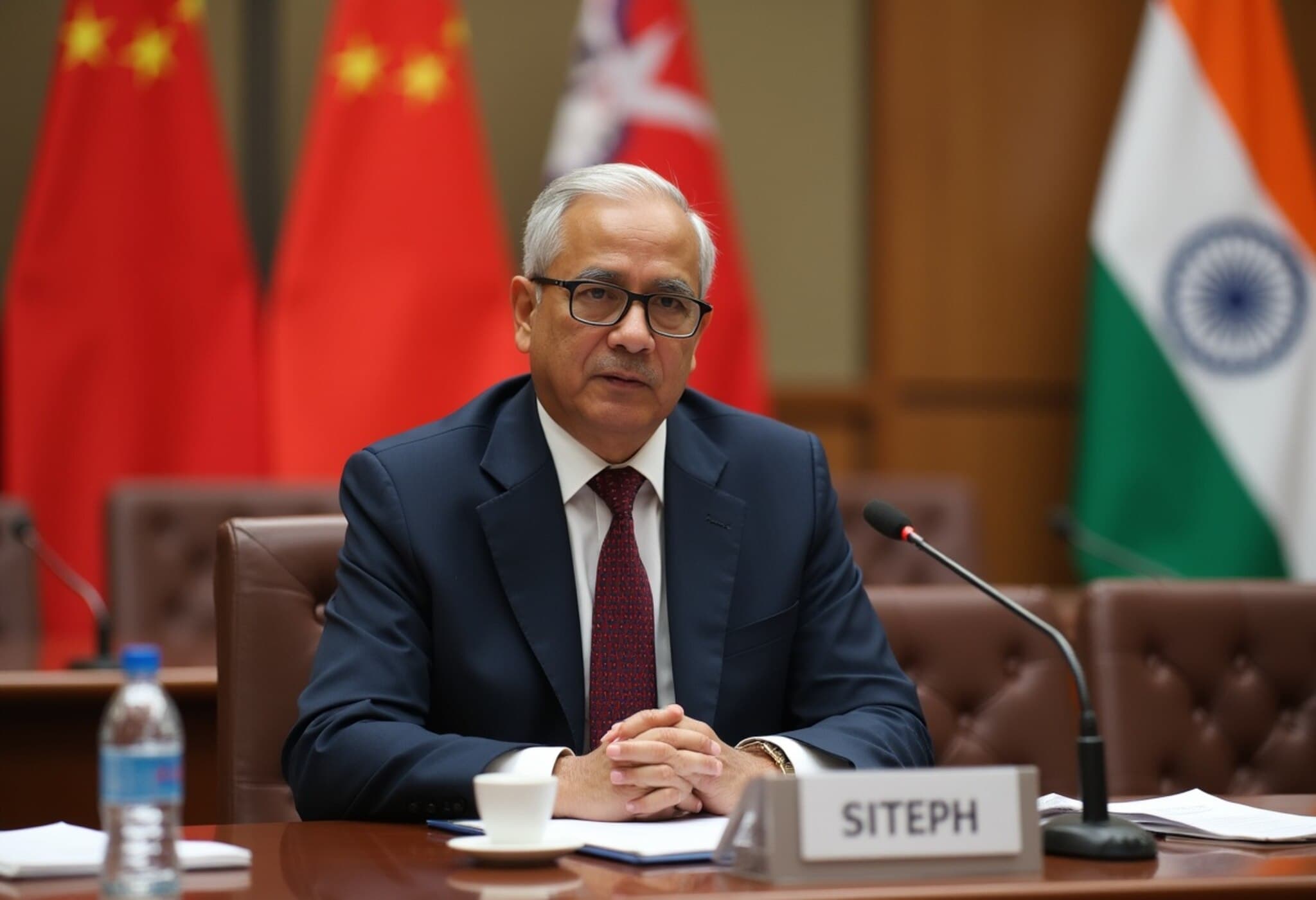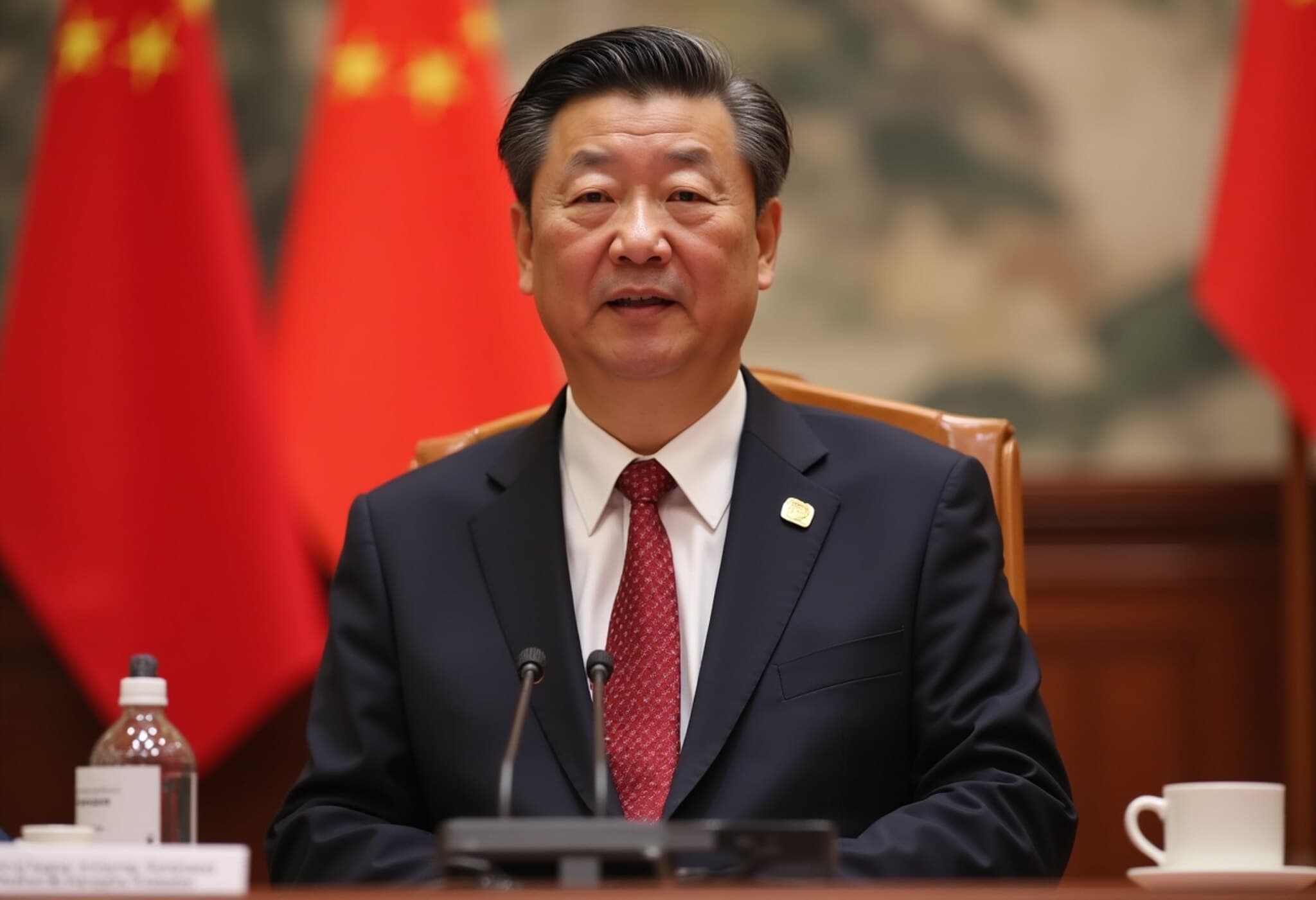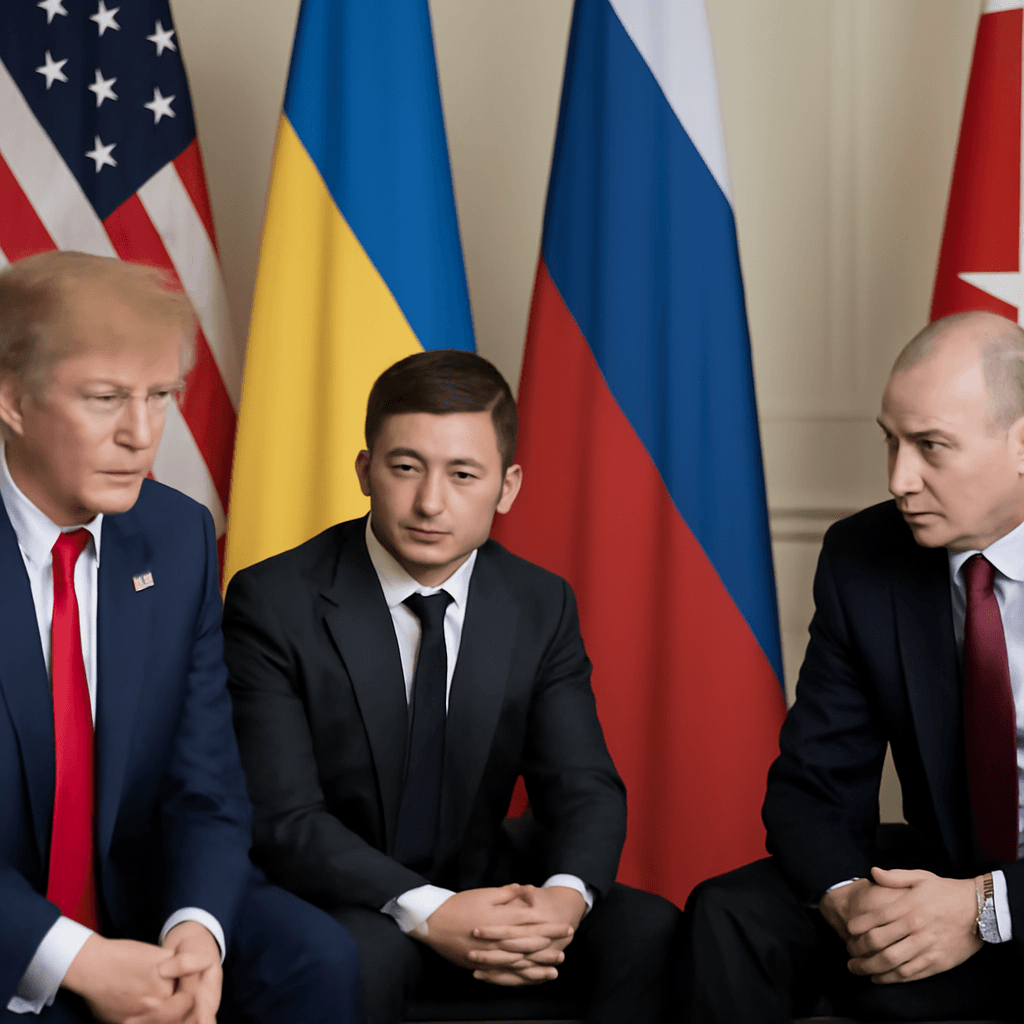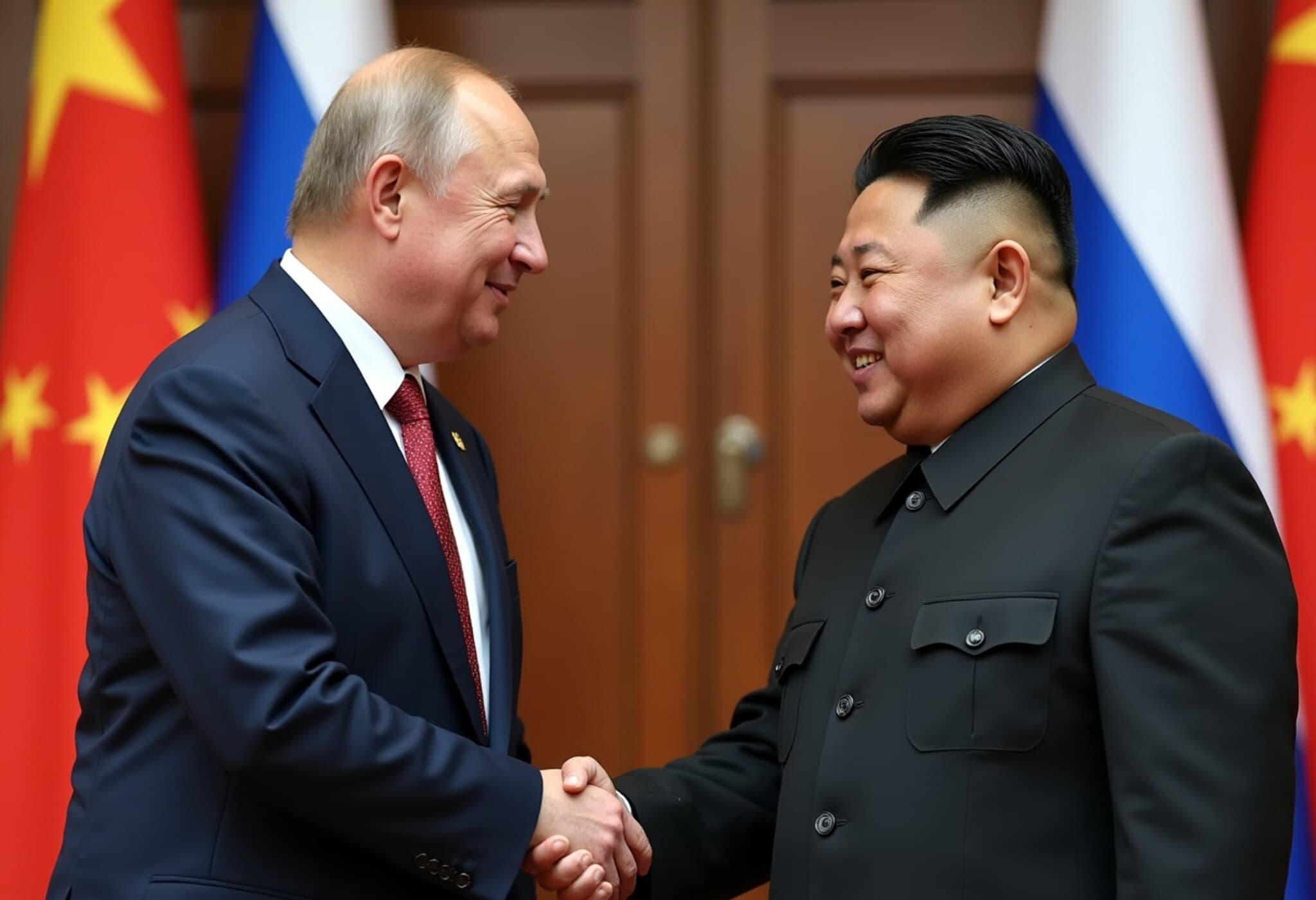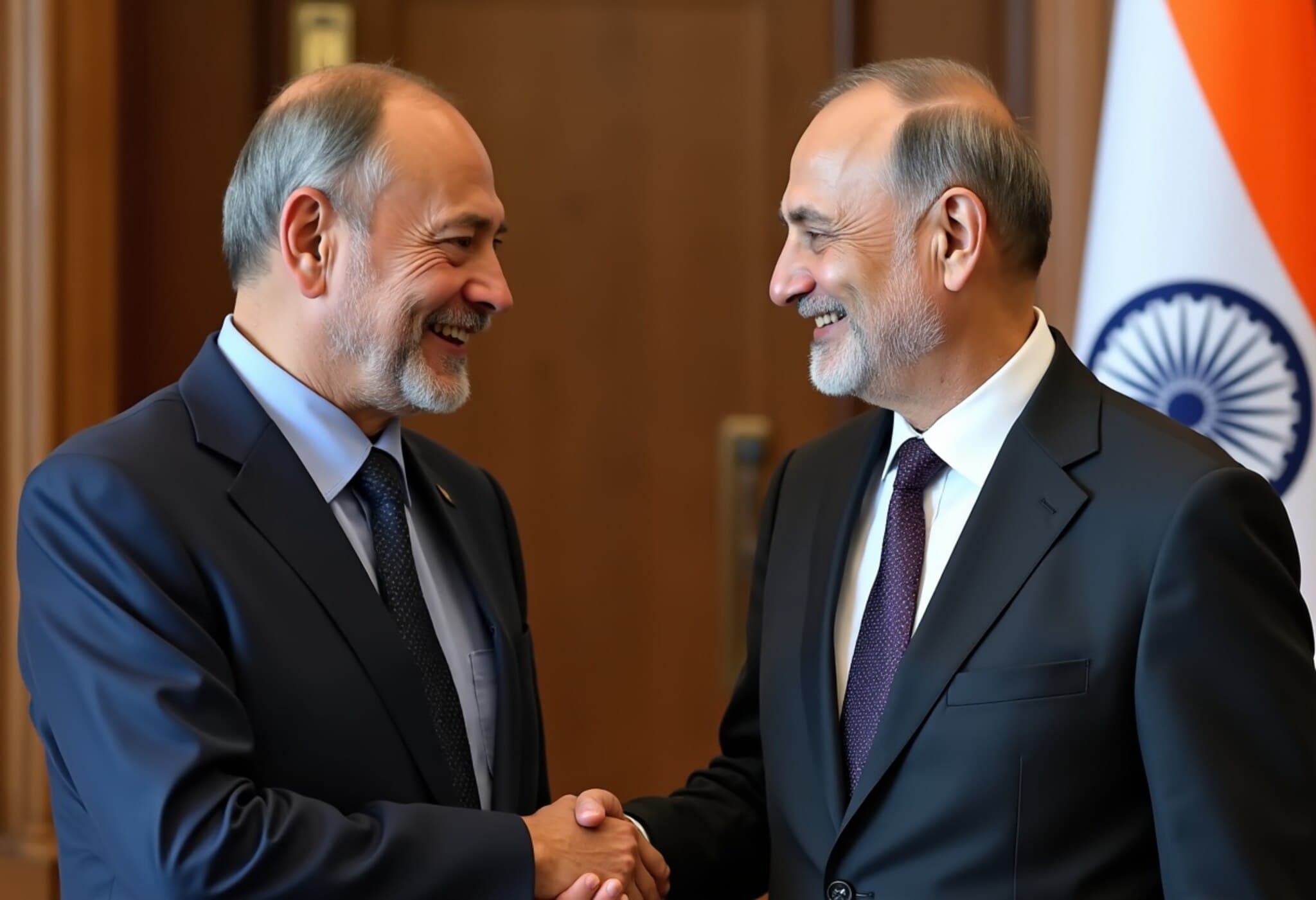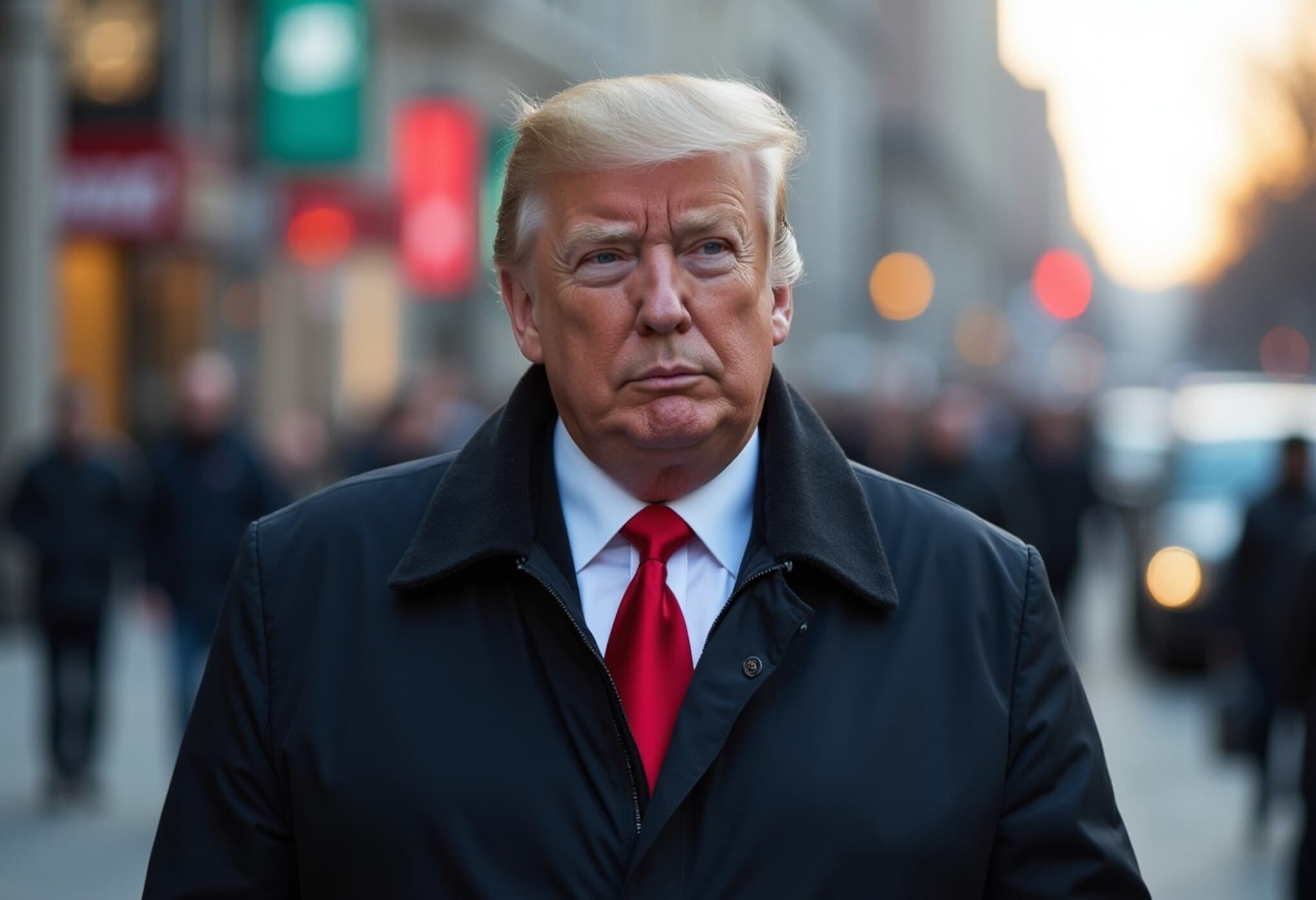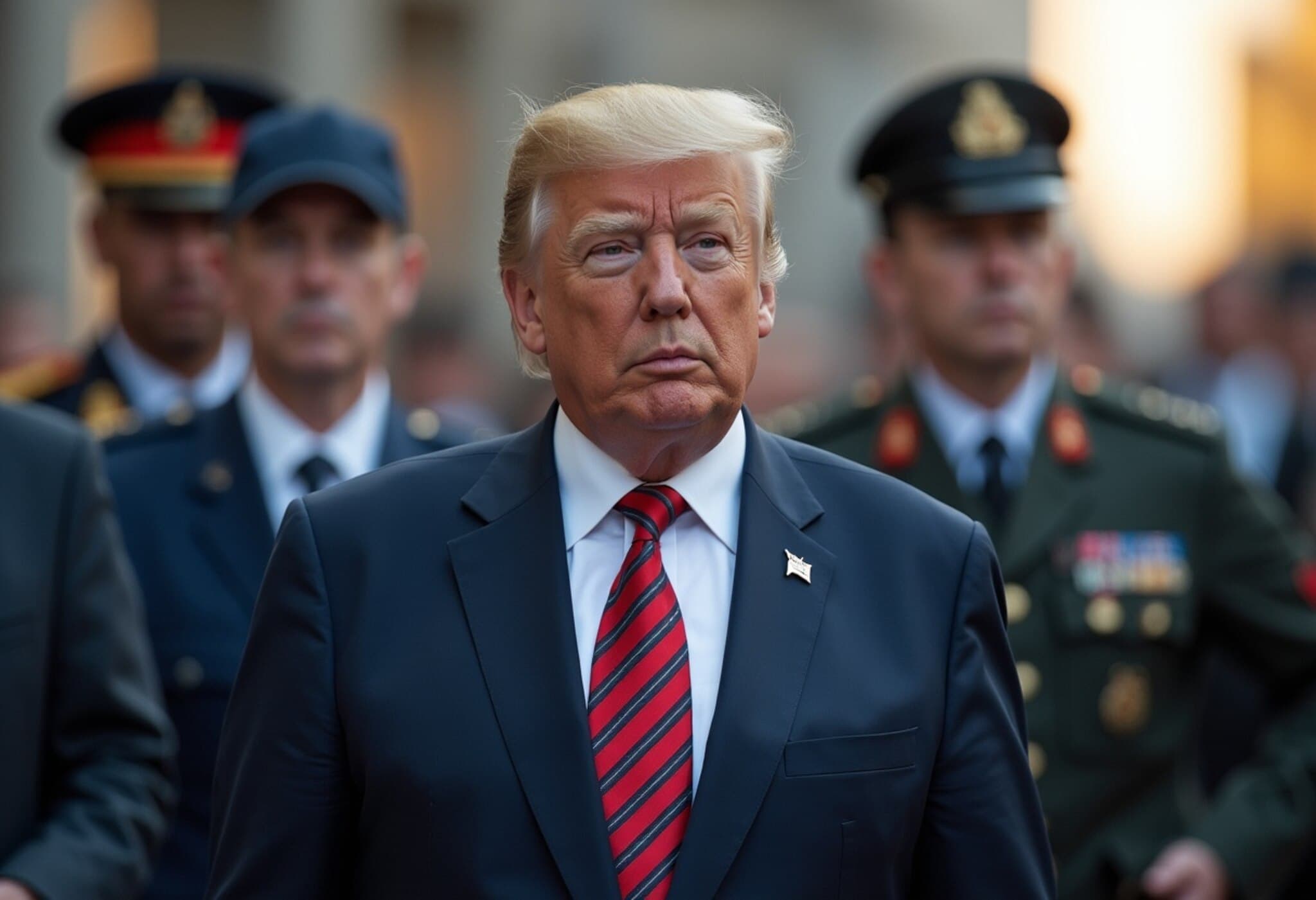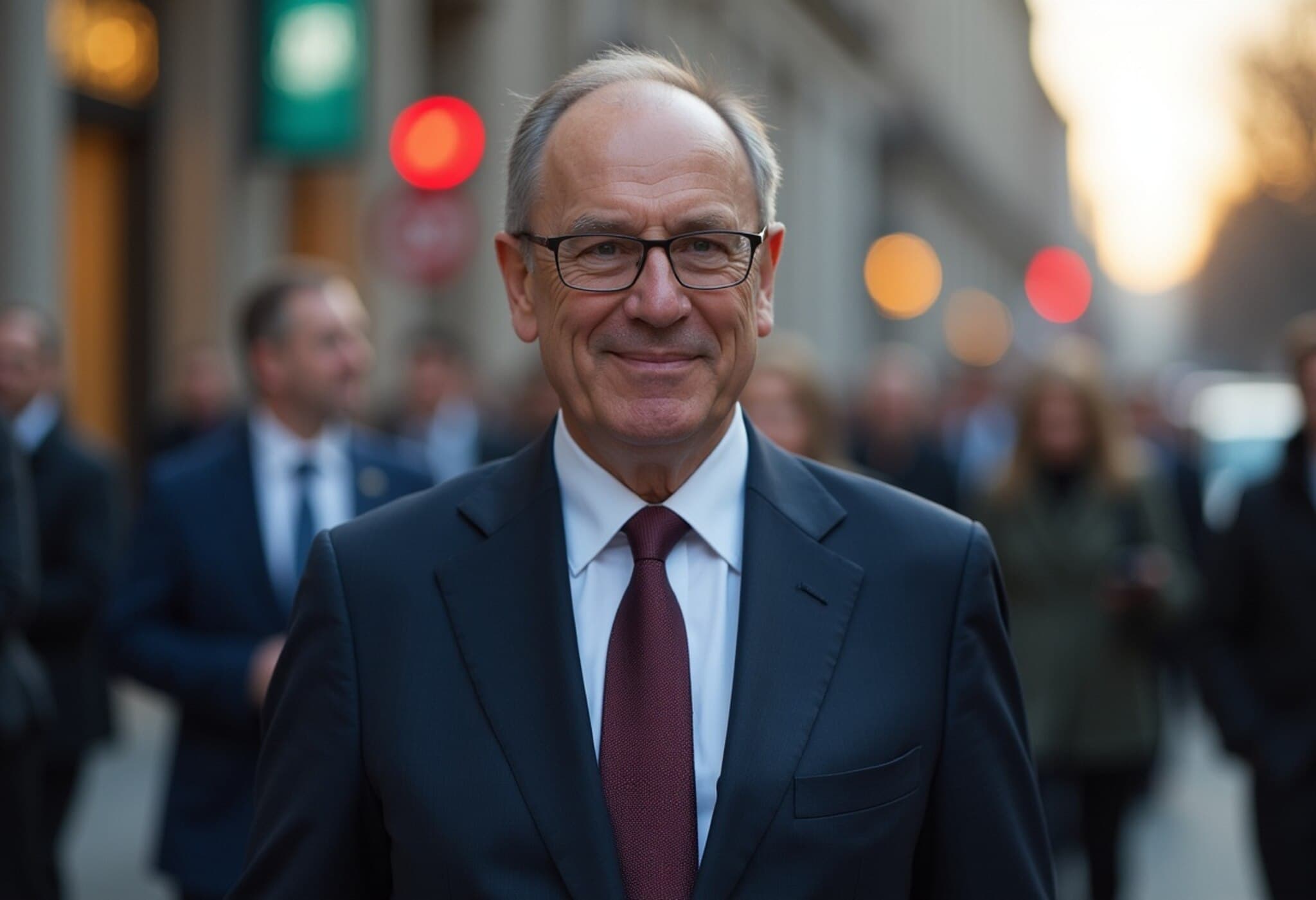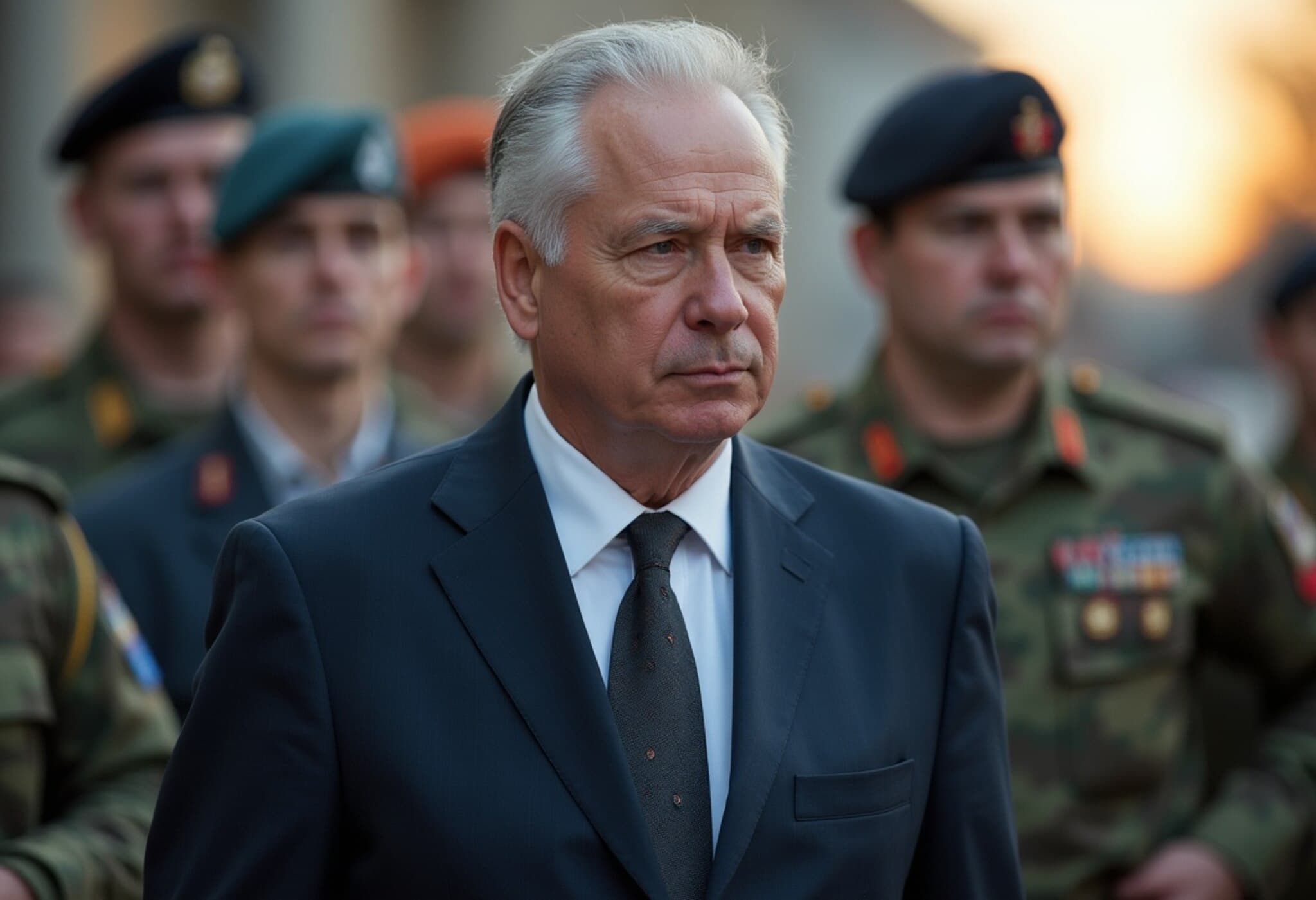Russia Deepens Military Ties with North Korea Amid Ukraine Conflict
In a clear signal of intensified cooperation, Russian Foreign Minister Sergey Lavrov is set to begin a three-day diplomatic visit to North Korea this Friday. The visit comes on the heels of North Korean leader Kim Jong Un’s commitment to dispatch an additional 6,000 military workers to assist Russia in its war-affected Kursk region. This renewed engagement highlights an increasingly strategic partnership as Moscow seeks support amid its ongoing military challenges in Ukraine.
Background of the Diplomatic Visits and Military Pact
Lavrov’s visit follows multiple trips earlier this year by Russia’s top security official, Sergei Shoigu, who met Kim in Pyongyang last month. During that meeting, Pyongyang agreed to send thousands of military construction workers and deminers to the Kursk area, underscoring a rare level of North Korean involvement in Russia’s war front.
The foundation for this collaboration was laid during President Vladimir Putin’s rare visit to Pyongyang last year, where a sweeping military pact was signed. The agreement included a mutual defense clause—a move that has raised alarms globally given the ongoing conflict in Ukraine and North Korea’s isolated status.
What This Means for the Ukraine Conflict and Regional Security
- North Korea has already supplied tens of thousands of troops and a considerable cache of weapons, including artillery systems and ballistic missiles, to support Moscow’s efforts in Ukraine.
- South Korean intelligence reports estimate that between 10,000 and 12,000 North Korean soldiers were deployed to Russia last fall, with an additional 3,000 to 4,000 troops sent earlier this year.
- The recent pledge of 6,000 more workers is likely to be realized as early as this summer, further solidifying North Korea’s role as a critical ally for Russia.
This alliance signals a troubling evolution in the proxy dimensions of the Ukraine war, with Pyongyang’s active military backing providing Russia with manpower and logistical support at a time when Moscow faces stiff resistance and sanctions from the West.
International Reactions and Potential Risks
Countries including the United States, South Korea, and Japan have expressed deep concern over this growing Russo-North Korean axis. Officials warn that diplomatic exchanges may include North Korean demands for advanced Russian technology transfers, particularly those that could enhance its nuclear weapons program. This prospect threatens to destabilize the already fragile security dynamics in Northeast Asia and beyond.
Adding to the complexity, Lavrov’s itinerary includes a stop in Malaysia for a meeting with ASEAN leaders. Experts speculate that among the topics might be discussions about facilitating a future visit by Kim Jong Un to Russia—a move that would cement this strategic partnership further.
Expert Insight: What Lies Ahead?
From an expert perspective, the alignment between Moscow and Pyongyang demonstrates how global conflicts often push unlikely alliances. For Russia, grappling with depleted forces and international sanctions, North Korean troop support and possible technology sharing offer a vital lifeline. Conversely, North Korea gains political legitimacy and opportunities to advance its military ambitions.
However, this partnership complicates diplomatic efforts to resolve the war in Ukraine and heightens the danger of regional destabilization in East Asia. It calls for renewed vigilance and robust multilateral diplomacy, focusing on containment and preventing further escalation.
Editor’s Note
Russia’s deepening military cooperation with North Korea represents a significant development in the geopolitical landscape shaped by the Ukraine conflict. As North Korean workers and soldiers bolster Russian efforts on the battlefield, questions arise about the long-term impacts on nuclear proliferation, regional security in Northeast Asia, and the global balance of power. Readers should consider the broader implications of this alliance and watch for how international actors respond diplomatically and strategically.

